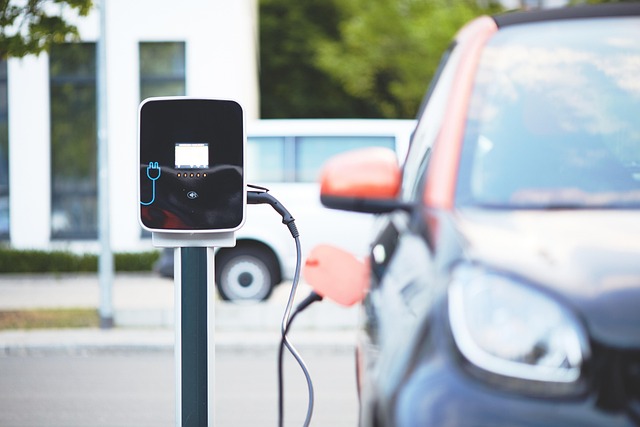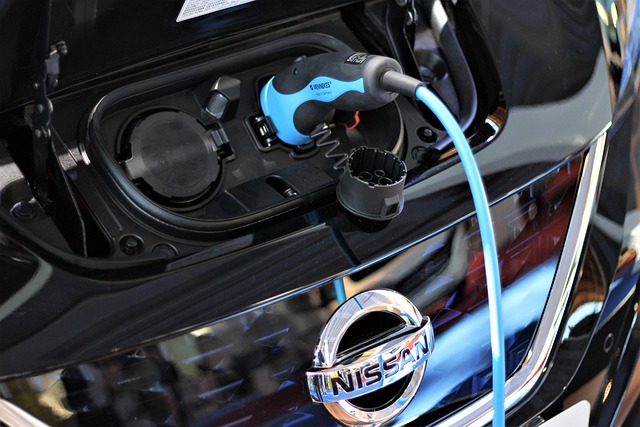In an era where sustainability is more than just a buzzword, the rise of carsharing services offers an innovative approach to mobility that aligns with our global need for responsible consumption and reduced ecological footprints. As urban areas expand and environmental concerns escalate, the traditional norms of car ownership are being challenged. With the integration of green technologies, carsharing has emerged as a beacon of hope in the quest for a carbon-neutral future.
Carsharing services provide an alternative to personal vehicle ownership, which is often laden with inefficiencies and higher carbon emissions. By utilizing a shared fleet of vehicles, we can minimize the number of cars on the road, thereby reducing congestion and lowering emissions. According to studies, each shared vehicle can replace up to 10 to 15 privately owned cars, significantly decreasing urban pollution levels and enhancing air quality.
As consumers become more environmentally conscious, the demand for carsharing options has surged. This growing interest creates an environment ripe for the adoption of green technologies, empowering companies to invest in electric and hybrid vehicles. These eco-friendly options not only lessen the carbon footprint associated with traditional gasoline-powered vehicles but also frequently come equipped with innovative features, such as real-time data analytics to optimize driving routes and energy use.
One of the key elements of sustainable development is the concept of a circular economy. Carsharing fits perfectly into this framework by encouraging users to think differently about mobility. Instead of viewing cars as disposable commodities, individuals begin to see them as shared resources that should be used efficiently. This shift in mindset supports a more sustainable way of living, where access trumps ownership, and everyone plays a role in safeguarding our planet.
The positive implications of carsharing go beyond just environmental benefits. It also fosters community engagement and social interaction. Shared vehicles can often be located in neighborhoods, bringing people together and encouraging locals to engage in activities that promote sustainability, such as car-free days or group rides to events. This sense of community not only enhances the user experience but also contributes to a more cohesive urban landscape that prioritizes sustainability.
Moreover, as technology advances, the integration of smart systems within carsharing platforms enhances the user experience and promotes responsible driving. Users can track their driving habits, receive feedback on how to reduce energy consumption, and be incentivized for choosing greener options. In this sense, green technologies are paving the way for a new generation of eco-conscious drivers who are eager to reduce their ecological footprints while enjoying the convenience of modern mobility.
Transitioning to a carsharing model is not just about convenience; it’s a step towards a more sustainable and resilient future. Every shared trip is a small victory against the pervasive challenge of climate change. By rethinking our transportation choices and participating in initiatives that promote sustainability, we have the power to drive change in our communities and contribute to a larger movement focused on ecological responsibility and carbon neutrality.
As we forge ahead into a world increasingly defined by climate urgency, embracing carsharing and the innovations it brings is a significant leap toward a more sustainable future. It’s time to take action, rethink our choices, and drive toward a greener tomorrow.




